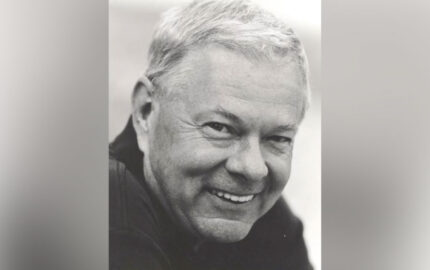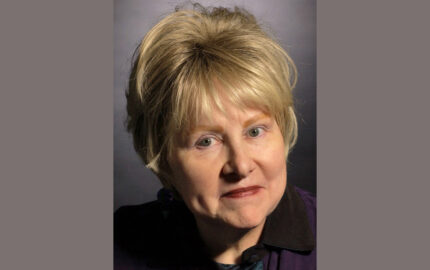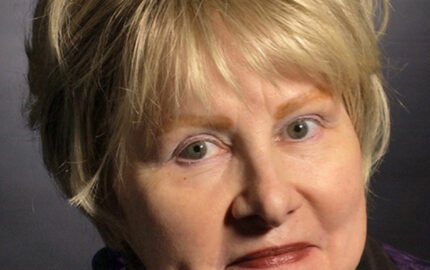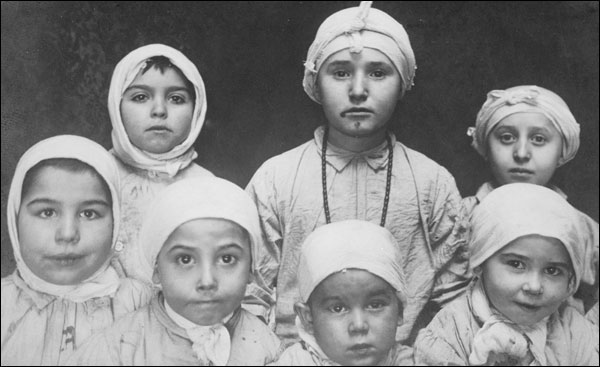
"There’s a constant stream of fresh infection pouring in."
- Dr. Alfred C. Reed, 1912
“Forgotten Ellis Island” — a documentary film directed by Lorie Conway, a 1994 Nieman Fellow — will be broadcast nationally on PBS on Feb. 2, at 10 pm ET.
Narrated by Elliott Gould, it is the first film to be produced about the lost history of the immigrant hospital that was once located on Ellis Island.
The immigrant hospital served tens of thousands of sick immigrants who arrived on Ellis Island. Surprisingly, no film or book has been produced about the twenty-two building, then state-of-the art medical complex that stretched across two islands connected to Ellis Island. For over fifty years, after immigration restriction laws shut down Ellis Island as a port of entry, the hospital buildings were abandoned and left to ruin.
Before 9/11 and before restoration efforts began on the buildings, the National Park Service gave Conway’s production company exclusive access to film the hospital. Over five years, three National Endowment for the Humanities grants deepened the original research and the quest to find former patients who could tell of their experience.
As the debate on immigration intensifies in 2009, “Forgotten Ellis Island” brings the lost history of the Ellis Island Hospital to life — and reminds us how we became the diverse nation that we are today. The film is a powerful tribute to the best and worst of America’s dealings with its new citizens-to-be.
“Forgotten Ellis Island” is also a book written by Lorie Conway, published by Smithsonian Books 2007. The film took 9 years to produce and was supported by three grants from the National Endowment for the Humanities. A short version of the film is shown daily in the Great Hall Museum on Ellis Island.
www.forgottenellisisland.com has more clips and images from the film and companion book. www.PBS.org/pressroom has additional materials.
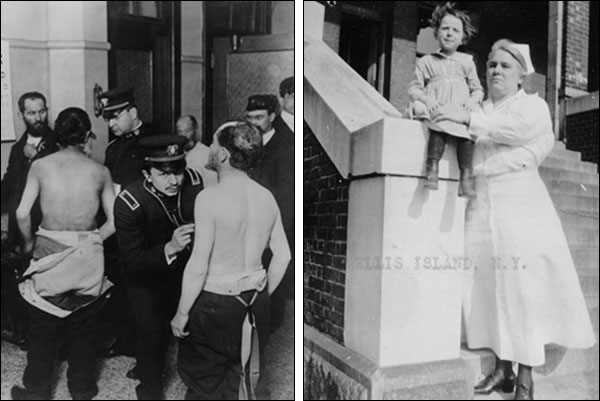
“I was very frightened and I was very, very upset not to be with my mother.”
— Flora Greenwald, immigrant from Poland, 1922
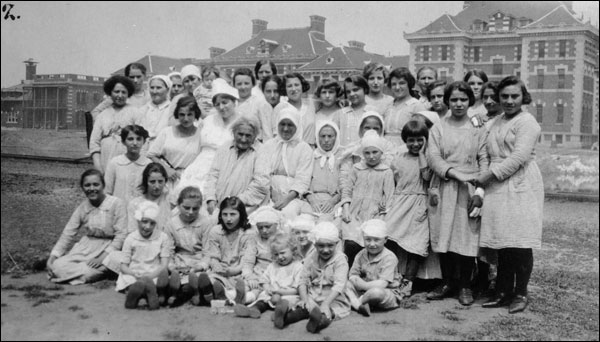
“To those who went through it, it was one of the most precious gifts you were given, because when you were sick you couldn’t do anything about it. But here is a place that rescued you.”
— John Henry Wilberding, immigrant from Germany, 1928
